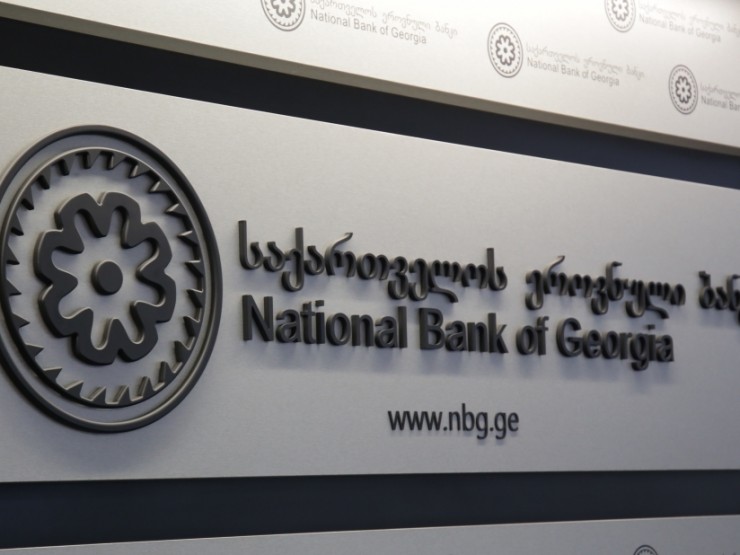The Monetary Policy Committee (MPC) of the National Bank of Georgia (NBG) decided to raise the refinancing rate by 1 percentage point to 9.50 %.
Annual inflation reached 7.2 per cent in March. The inflation reduction since last December was related to the temporary subsidization of utility fees. The end of this subsidy in March 2021 was reflected in the upward shift of inflation, NBG said on Wednesday.
“The subsidy will also have a base effect with a significant upward impact on the annual inflation rate in December 2021 and January-February 2022. Given the changed circumstances since the previous meeting, according to the updated forecast, other things being equal, inflation will average around 6.5 per cent in 2021 and then gradually approach the target. The forecast for economic growth is about 4 per cent in the baseline scenario,” NBG noted.
National Bank claims inflation pressures, coming from rising prices on international commodity markets, persists, being reflected in the increased prices for oil products and selected food items. At the same time, on the back of a big drop in output due to the pandemic, the average production costs are still high, being another source for the upward inflation pressure.
NBG said that amid deteriorating epidemiological conditions, the fiscal deficit remains at a high level, pushing domestic demand up. As for the lending, despite the recent slowdown, as a result of maintaining adequate buffers of liquidity in the financial sector, it continues to grow fairly. According to the preliminary data, there are signs of recovery in the aggregate demand.
Based on rapid estimates, economic activity fell by 5.1 per cent year-on-year in February, while, amid easing of restrictions since the start of the year, a gradual recovery of economic activity is expected from March, the main driver of which will be domestic demand, the bank stated.
NBG stressed that it is clear that the pressure on inflation coming from high dollarization and the exchange rate is still strong. In addition to limiting the efficiency of monetary policy, dollarization also carries risks of financial stability, and thus its gradual reduction remains a long-term priority of the NBG.
